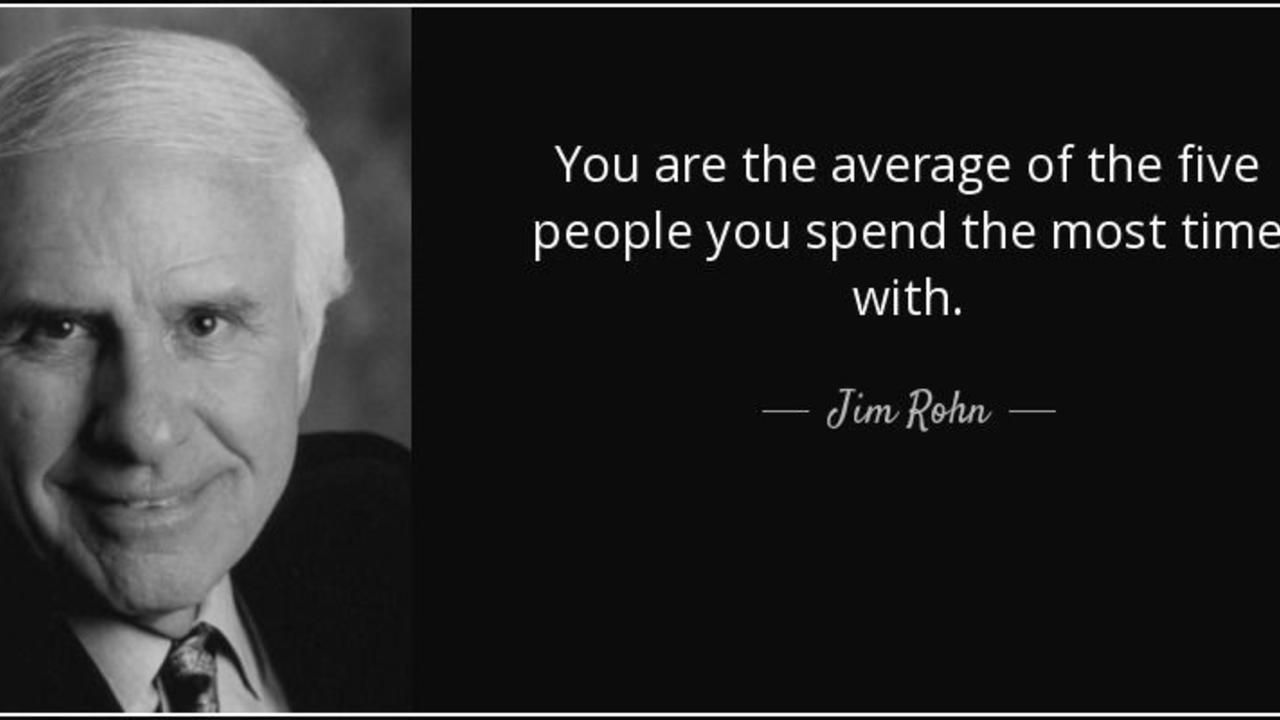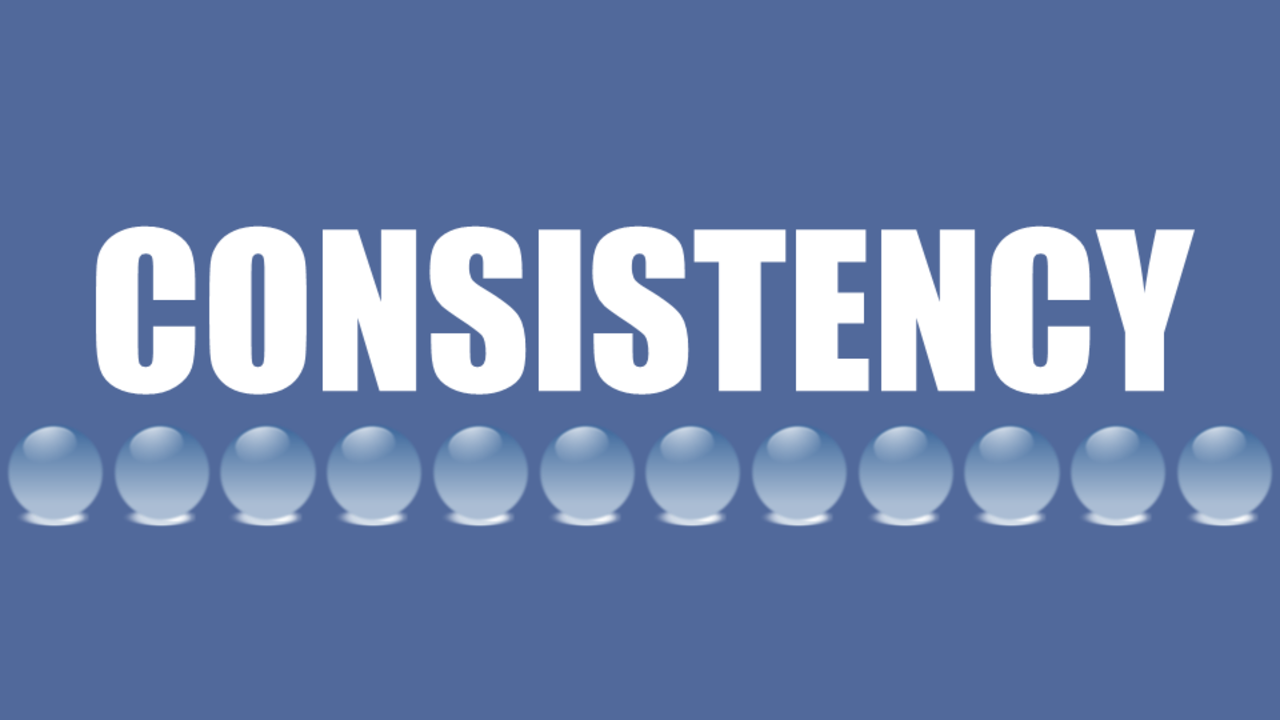“Show Me Your Friends and I Will Tell You What You Are”

Spanish Proverb
People have a huge impact on your life. “You are the average of the five people you spend the most time with,” says American entrepreneur and motivational speaker Jim Rohn.
You should think about the people you are associating with the same way you think about what you eat and how you’re exercising. Here are a few examples on just how poignant this one reality can be.
The “PayPal Mafia” is a group of former PayPal employees and founders who have since founded and developed additional successful technology companies such as Tesla, Inc., LinkedIn, Palantir Technologies, SpaceX, Affirm, Slide, Kiva, YouTube, Yelp, and Yammer. Most of these so-called members attended Stanford University or University of Illinois at Urbana-Champaign at some point in their studies.
Why do we denigrate a smoothly run southern Mediterranean conglomerate with tight hierarchical structures by associating it with some slick tech startups? The PayPal Mafia is sometimes credited with inspiring t...
I’m So Excited, and I Better Hide It.

Sunk Cost Fallacy Theory and Knowing When to Leave the Casino.
Anyone miss the blackened fingers from reading your daily newspaper to get your news in the morning?
Any urbanites out there reminiscing about folding the paper into columns so you could read the newspaper while strap hanging on a roller-coaster-like subway ride?
When did we stop getting our daily dose of news from tree pulp?
Excite was launched in 1995, think of it as another Yahoo. A person could get news, weather, a search engine, email address, instant messaging, stock quotes and a customizable user homepage. Excite was the 4th most visited website in the world. Excite even negotiated a deal with AOL, where AOL agreed to make Excite its exclusive search and directory service. DOJ Antitrust Unit is still preparing the briefs on that one. If you remember AOL and how big it was at the time, this deal was a massive win for Excite. In ’99 Excite was acquired by @Home network. This merger of two internet tech companies wa...
From Singer Sewing Machines to Professional Sports Teams The Evolution of Franchises in America

Franchising is a form of business by which the owner (franchisor) of a product, service or method obtains distribution through affiliated dealers (franchisees). This type of license grants a franchisee access to a franchisor's proprietary business knowledge, processes, and trademarks, thus allowing the franchisee to sell a product or service under the franchisor's business name. In exchange for acquiring a franchise, the franchisee pays the franchisor an initial start-up fee, management and/or annual licensing fees.
The franchise business model has an interesting history in the United States. The concept dates to the mid-19th century, when two companies - the McCormick Harvesting Machine Company (we were an agrarian economy in those days) and the I.M. Singer Company - developed organizational, marketing and distribution systems recognized as the forerunners to franchising. These then novel business structures allowed McCormick and Singer to sell their reapers and sewing machines to...
Filling In The GAAP

“Consistency is found in that work whose whole and detail are suitable to the occasion. It arises from circumstance, custom and nature.” – Roman author, architect, civil engineer, and wanna-be-accountant Vitruvius
No field is this one sentiment more critical than in accountancy. Bookkeeping and accounting standards are designed to ensure consistent presentation of financial statements, making it easier for people to read and comprehend the information contained in the statements.
Generally Accepted Accounting Principles were eventually established primarily as a response to the Stock Market Crash of ‘29 and the subsequent Great Depression, which were believed to be at least partially caused by less than forthright financial reporting practices by some publicly-traded companies. The federal government began working with professional accounting groups to establish standards and practices for consistent and accurate financial reporting. Generally Accepted Accounting Principles began to ...
How We Eliminate All Credit Card Processing Fees | The Next Normal by Shield Advisory Group
In this video, we will talk about how we're eliminating all credit card processing fees across the boards for all merchants.
PPP Loan Forgiveness - The Next Normal by Shield Advisory Group
In this video, My partner Steve Perrotta and I will talk about everything you need to know about PPP Loan Forgiveness.
EIDL Loan Proceeds | Do's & Don'ts | The Next Normal by Shield Advisory Group
Hi Everyone,
In this video, we will talk about what we can and what we cannot do with EIDL loan proceeds together with my partner Steve Perrotta.
“Vision Without Execution is Hallucination.” — Thomas A. Edison

If at First You Do Not Succeed…
An incandescent light bulb is an electric light with a wire filament heated until it glows. The filament is enclosed in a bulb to protect the filament from oxidation. Current is supplied to the filament by terminals or wires embedded in the glass. A bulb socket provides mechanical support and the electrical connection. Piece of cake!
Let us consider the variables: the shape of the sphere, thickness of the glass, type of inert gas to fill the bulb, metal of the filament, etc. Piece of cake! Let us consider what can go wrong: Wrong shape of glass…boom. Too thin glass…boom. Wrong gas…boom.

Contrary to popular belief, Edison was not the only inventor to speculate on a bulb to emanate light. He was, however, the inventor of the best version of the lightbulb.
Incandescent bulbs are manufactured in a wide range of sizes, light output, and voltage ratings. volts. They require no external regulating equipment, have low manufacturing costs, and work equal...
High Margin/Low Volume vs High Volume/Low Margin

Michael Buffer, Emcee Extraordinaire Introduces The Retail Rumble.
Aesop’s The Tortoise and the Hare of Business Strategy
In this corner weighing in at an imposing, muscular 240 pounds is the heavyweight HM/LV. In the opposing corner weighing in at meagerly bantam weight of 118 pounds is the lightning quick HV/LM. Now keep it clean and no punching below the profit margins.
Today’s business environment offers us rapid technological evolution, an ever-changing retail landscape as well as amorphous customer trends. Some companies have become infamous for their fast sale-cycles and large customer attrition. Back in the day when I was still wet behind the ears, we were taught high consumer attrition equated to weak business models. However, some of these aggressive folks generate positive cash flow. Closing high volume transactions at incredibly low rates; perhaps with supplementary accords like one-time set-up fees, or a term contract, these fishermen cast wide nets.

Lace Up for a Family Feud

How Leveraging a Unique Concept Can Revolutionize Your Business, and an Entire Industry
This is the tale of a couple of small-town German brothers, Adolf and Rudolf Dassler, from the rural town of Herzogenaurach, at the turn of the last century. Rudolf, the 3rd born, and Adolf, 4th born, humbly assisted their Mom Pauline with her laundry service by delivering the cleaned linens and clothing to their neighbors.
Upon completion of his high school education, fulfilling a promise to his father, Adolf began an apprenticeship as a baker. However, his true interests revolved around sports, so he occupied his free time playing athletic competitions in track and field, soccer, boxing, ice-hockey, javelin, as well as skiing and ski jumping. After finishing his apprenticeship, ‘Adi’ pursued these other interests.
Adi soon becomes an accomplished athlete, and more relevantly to my lesson today, a careful observer. He recognized the athletes of each discipline he participated in lacked specializ...



